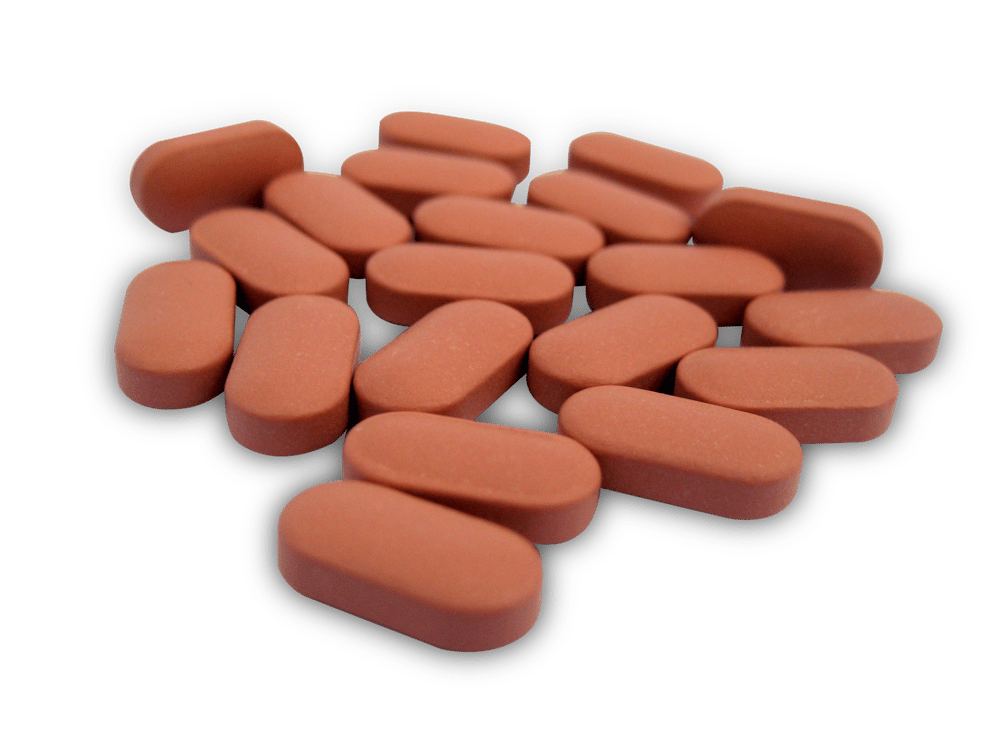
Issue 064
July 2010
When the word ‘nuts’ is used in the context of MMA, it usually brings to mind moments of crippling, indescribable pain. Fighters have been conditioned through errant low kicks to wince at the merest mention of the word, but don’t stop reading just yet – you might miss out on one of the best foods nature can provide.
What are nuts?
A nut is the fruit of a tree. It doesn’t look much like the fruit you’re used to eating, but serves exactly the same purpose as an apple, orange, pear or berry: to get you (an animal) to eat the seed and then transport it somewhere else so that it can spawn brand new trees. Technically, many of the foods we refer to as nuts are actually fruits and seeds that do not meet the true botanical definition of a nut, but that’s another story.
Why eat nuts?
Nuts are a fantastic source of nutrients and energy. They’re packed with vitamins and minerals and are, for their size, calorie dense. This makes them perfect foods for when you’re on the move, or as convenient snacks between meals. Nuts are also versatile; they can be eaten raw, cooked, on their own or added to many different meals. All nuts contain fats, carbohydrates and protein, making them complete sources of food.
Almonds
A fantastic source of vitamin E, almonds are a popular nut that can be eaten raw, sliced into other dishes, or even ground and made into a gluten-free form of flour. The flour can be made for cooking and is particularly good for people who suffer from a wheat intolerance. Studies have shown that the healthy monounsaturated fats in almonds can actually help reduce cholesterol.
‘In a nutshell’
Contains large amounts of vitamin E, which keeps skin fresh and moist, and so helps cuts heal quicker.
Brazil nuts
Selenium is a trace mineral that has been shown to boost the immune system, and Brazil nuts are full of this disease-fighting nutrient. Combat those colds and bugs you get during periods of hard training by stacking up your immune system with these tasty little nuts. Avoid salted and roasted versions and go plain for maximum health benefits.
‘In a nutshell’
A major source of Omega-3 essential fatty acids, which help increase blood flow to the muscles. Also suppresses hunger, helping weight control.
Cashews
Next to peanuts, cashews are probably the easiest nuts to get hold of. They’re cheap and long-lasting, and work well when added to cooked dishes (they’re a big part of Asian cooking and are often added to stir-fries). Just like a multivitamin pill, cashews contain magnesium, phosphorus zinc and selenium, as well as iron.
‘In a nutshell’
One of the best sources of iron – an essential mineral that aids oxygen transport in the body. Cashews improve your cardio!
Pistachios
The humble pistachio is a tasty little green nut in a split shell that is fun to eat. Containing almost equal measures of protein and carbohydrates, pistachios contain vitamin B6, which helps your body process protein and turn it into energy.
‘In a nutshell’
Pistachios are full of potassium, which can help reduce fatigue and muscle cramps during hard training.

Have you got the minerals?
Every time you sweat or go to the toilet, you are expelling essential minerals from your body. Intense training such as sparring or strength training increases the amount of minerals you lose. In fact, a single bout of intense exercise can deplete magnesium levels for up to 18 days! Try taking a multivitamin along with a recovery shake, after training, to replenish lost minerals.










